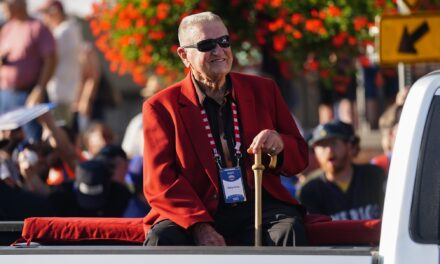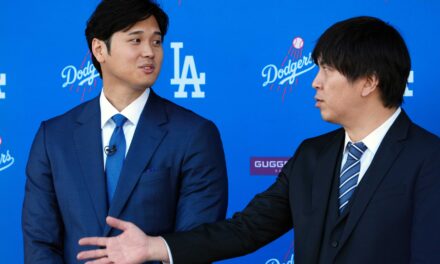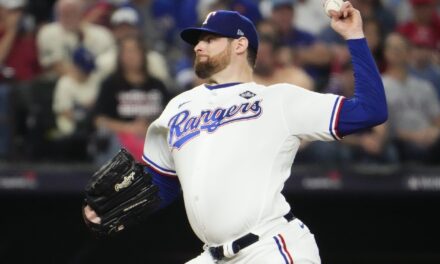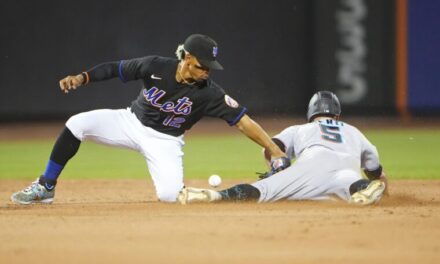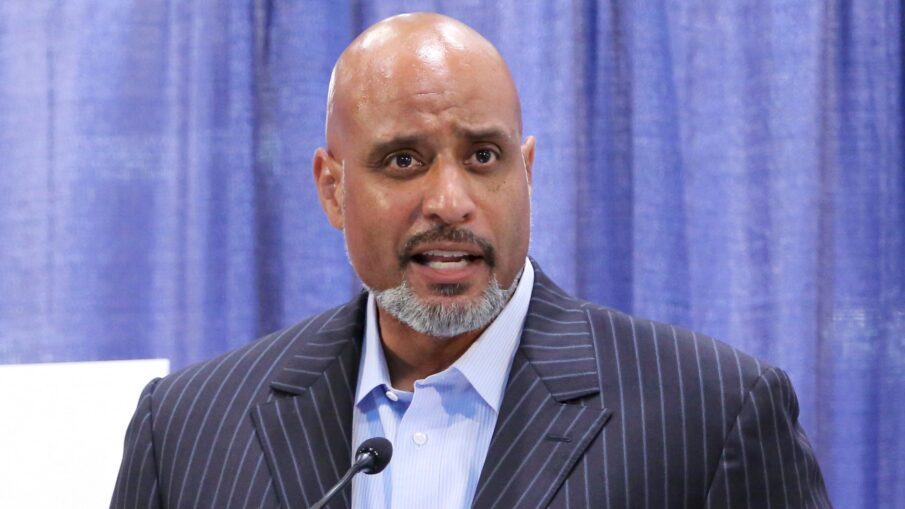
The next round of collective bargaining agreement negotiations between Major Leaguer Baseball and the Major League Baseball Players’ Association will need to produce an agreement before the 2027 season to prevent an interruption of play. While that seems like the distant future, especially with the Mets set to embark on what should be an exciting season, the storm clouds are gathering for a potentially tumultuous period for baseball.
Within the past two weeks, MLB has hinted at a desire for a salary cap (referring to it as a control on the revenue distribution side), and the MLBPA has expectedly firmly stated that a salary cap will always be a non-starter. That already does not sound good.
Now, MLB is seeking to exempt minor leaguers from Florida wage laws. Why is this a potential issue? Last year, MiLB players voted to unionize, and, as such, will collectively bargain their wages. In preparation for those negotiations, MLB is seeking to ensure that players are not covered by state wage laws that could guarantee overtime, and, in particular, payment for for time spent at spring training.
MLB tried this tact in 2018 with the Save America’s Pastime Act, which exempted players from federal wage laws. However, a judge refused to carry that exemption over to the state level. Evan Drellich details these events in a recent article in The Athletic.
Last year, MLB reached a $185 million settlement with minor league players who had sued the league under various wage laws. During that case, federal judge Joseph Spero issued several rulings in favor of players.
One of the league’s contentions was that Florida’s wage law was written to mirror not only federal wage law, but amendments to federal wage law. In other words: MLB argued that the Save America’s Pastime Act was relevant not just federally, but on the state level in Florida as well. Spero disagreed, and MLB doesn’t want a judge to be able to disagree in the future in the event another lawsuit follows.
This is yet another example of MLB taking a confrontational approach to dealing with its players (the players often take a similar tone when dealing with MLB). Minor League players become major leaguers, and when they are represented in the MLBPA (interesting timing with the next round of negotiations coming four years from now), this type of legal battle will not pave the way for a cooperative relationship.
From Drellich’s article:
“Instead of trying to change the existing law in their favor in a clandestine fashion like this, they should continue to focus on bettering the working conditions for the players and on paying them fairly,” said Garrett Broshuis of Korein Tillery, a lawyer representing the players in the lawsuit that MLB settled for $185 million. “Players shouldn’t have to work for free during spring training and in other periods, and hopefully those days are behind us.”
Things can change in four years time. Let’s hope they do. MLB and the MLBPA have a long history of labor strife, unproductive rhetoric, mistrust, and acrimony. While there was labor peace for 26 years (1995-2021), the last CBA negotiations produced the second-longest labor interruption in the game’s history. If things continue on their current course, with owners possibly seeking a salary cap, and other peripheral squabbles such as the MiLB wage matter, the game is set up for a potentially long work stoppage.
The best course may be for the players and owners to start working together now to address the sport’s economic realities. One thing is for sure, a long interruption over labor issues will set the game back decades. They have time to put their heads together and start working things out. Let’s not wait until 2026 to begin.


